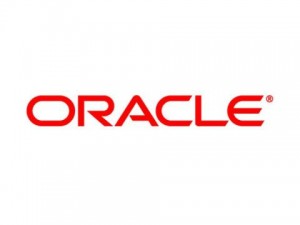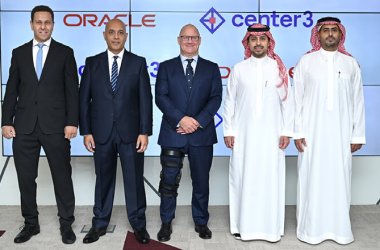 Oracle has added additional commercial extensions to the enterprise edition of its open-source MySQL database, further differentiating it from the community version available to anyone at no charge., the company said.
Oracle has added additional commercial extensions to the enterprise edition of its open-source MySQL database, further differentiating it from the community version available to anyone at no charge., the company said.
A new thread pooling capability can provide a “significant” performance and scalability boost for “applications that service a high number of concurrent connections, specifically on 16-core and higher systems,” according to an Oracle representative.
Enterprise Edition subscriptions now also include an Oracle VM template for quickly deploying databases; support for Windows Server Failover Clustering; and various authentication improvements.
The features, which join existing MySQL commercial extensions such as Enterprise Monitor, are available to current Enterprise Edition subscription holders now, the company added. They will be made available as part of a 30-day free trial “shortly,” according to Oracle.
Oracle’s handling of MySQL has been closely watched by community members who use and help develop the database, which it acquired through the purchase of Sun Microsystems in 2010. The Sun deal was held up while European antitrust authorities mulled the implications of what Oracle, which sells the industry’s most widely used proprietary database, would do to MySQL.
Ultimately, Oracle issued a set of public pledges affirming its commitment to keeping MySQL open and viable, and has since delivered a number of significant updates to MySQL.
Its decision to limit the new premium extensions to Enterprise Edition customers and not include them in the community code is a common practice among commercial open source companies, but the move could still anger some users.
Database expert Guiseppe Maxia, a former lead of the MySQL community team, does not fall into that group. “An open source product needs to be developed. And the developers need to get paid. Ergo, the company needs to make money from that product if it wants to continue developing it,” he said. “Either that, or the company needs to sell something else to pay the bills.”
“Let’s not get into the argument that a pure open source project with universal participation is better, faster, or more marvelous,” he added. “MySQL was never that, not with Oracle, not with Sun, and not when it was an independent company,” Maxia concluded.





